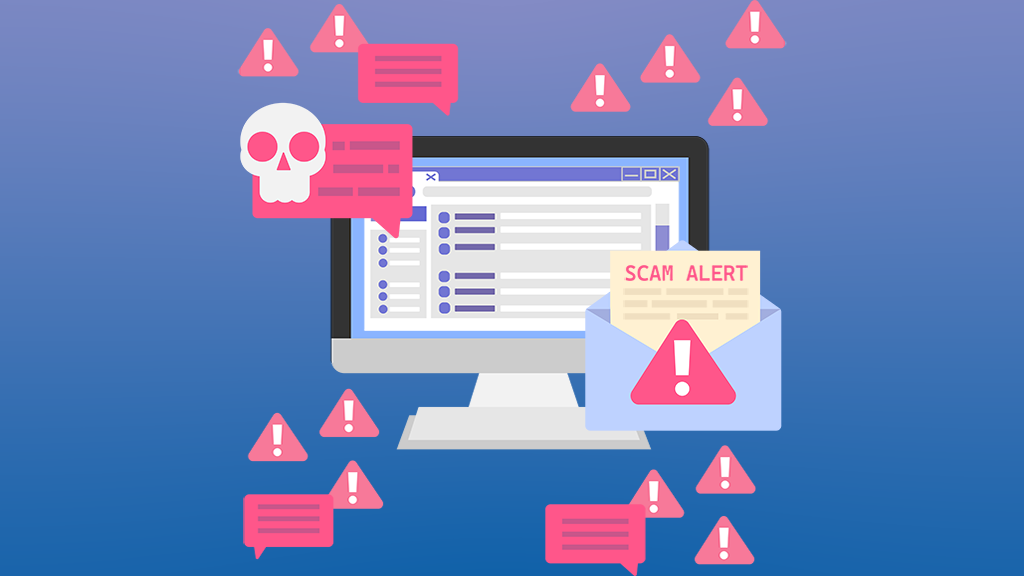Along with coffee and a shower, assessing our notifications has ingrained itself into our morning routines — just as scrolling through our feeds is now “the natural” last thing to do before falling asleep.
Former President Barack Obama was noted for his warm relationship with tech figures. There have even been rumors of the former his involvement with big tech deepening in his retirement. Silicon Valley and Washington have essentially been friendly neighbors, waving at one another as they go about their business — that is, until recently.
The 2016 presidential election revealed many hard truths about the United States. Perhaps one of the most omnipresent of these realities is the role social media plays in how people view politics. 62 percent of U.S. adults reported getting their news through social media, with a solid plurality of adults aged 19–29 citing social media as their primary source of political coverage. Considering that even the oldest contemporary social media platform is scarcely a decade old, this dominance is staggering.
“I think social media has changed since the mid ‘00s to the early ‘10s, when it was considered something that mostly kids did,” said Communication Professor Mike Johansson. “Literally in the last two years, and in particular around the election, people have realized that [social media] really can have an impact on what people think and what people do.”
It’s natural for a new form of media to eventually be exploited for political purposes. Yet, social media hasn’t just been exploited, it has been weaponized. In Russia, for instance, 45 percent of active Twitter accounts are bots — automated scripts designed to manipulate trends and spew misinformation. And Facebook, in cooperation with former FBI Director and Special Prosecutor Robert Mueller, has shared specific information regarding Russian advertisements that helped interfere with the 2016 presidential election. The effects of this interference, however, extend beyond 2016.
“Twitter had found a whole bunch of bot accounts that were being run essentially not necessarily to get one person elected, but seemingly to promote division,” said Johansson. A public policy firm that investigates bot activity noted that Russia-linked Twitter accounts were promoting both pro and anti-protest hashtags. These tweets are designed to poke at political fault lines and have even provoked a reaction from President Donald Trump multiple times. There’s no question that social media has become something much more powerful than a platform to share pictures of your cat. And our duly elected leaders are finally starting to catch up to that fact.
“What’s happened on [Capitol] Hill is a lot of people are starting to think about things like Facebook as not just a social network, but more as a utility,” said Johannson. While this idea may have not gained traction during the “Big Tech”-friendly Obama administration, the tides have begun to turn. The European Union levied a $2.7 billion fine against Google for violating antitrust laws,
The spectre of government regulation has Silicon Valley scrambling in response. Mark Zuckerburg, founder of Facebook, has travelled the country in an awkward pseudo-political listening tour; whether this is an attempt at damage control or a sign of larger political aspirations is unclear. The New America Foundation, an influential Washington D.C. think tank, ousted one of its scholars after he praised the EU’s punitive actions against Google; this was a result of pressure from Google’s Executive Chairman Eric Schmidt, who is a donor to the think tank. Twitter has cracked down on problem accounts, but have remained unwilling to really go after bad actors.
A lack of transparency lies at the heart of big tech’s problems. As private companies, they have no legal responsibility to address any of these issues. These companies have become so large and omnipresent in our lives that they’ve become governing entities themselves. For many, government intervention seems like the only way forward.
“It’s something that all of those big social media companies will have to deal with at some point. If they don’t want government oversight, they’re going to have to be a lot more transparent about what they do,” said Johansson.
Johansson pointed towards self-regulation — like the Motion Picture Association of America (MPAA) or the Entertainment Software Rating Board (ESRB) — as a potential way for big tech to avoid legislative interference.
“The big players in the industry get together and say, ‘These are the standards.’ It’s a preemptive strike,” explained Johansson. Big tech coalescing together to solve its problems would be the best solution for both parties, but Johansson isn’t hopeful. “Likely to happen? Probably not.”
On some level, it is foolish to try and predict what the dynamic of big tech and Washington will become; the political realities of today sound like the low-effort fiction of just a decade ago. Perhaps these tech giants will self-regulate and quietly fix their problems. Or maybe the battle between big tech and big government will become the political fight that defines our generation. However, as long as Facebook, Google and Twitter — or whatever replaces them — remain inseparable parts of our everyday lives, they will remain indivisible to our politics.







